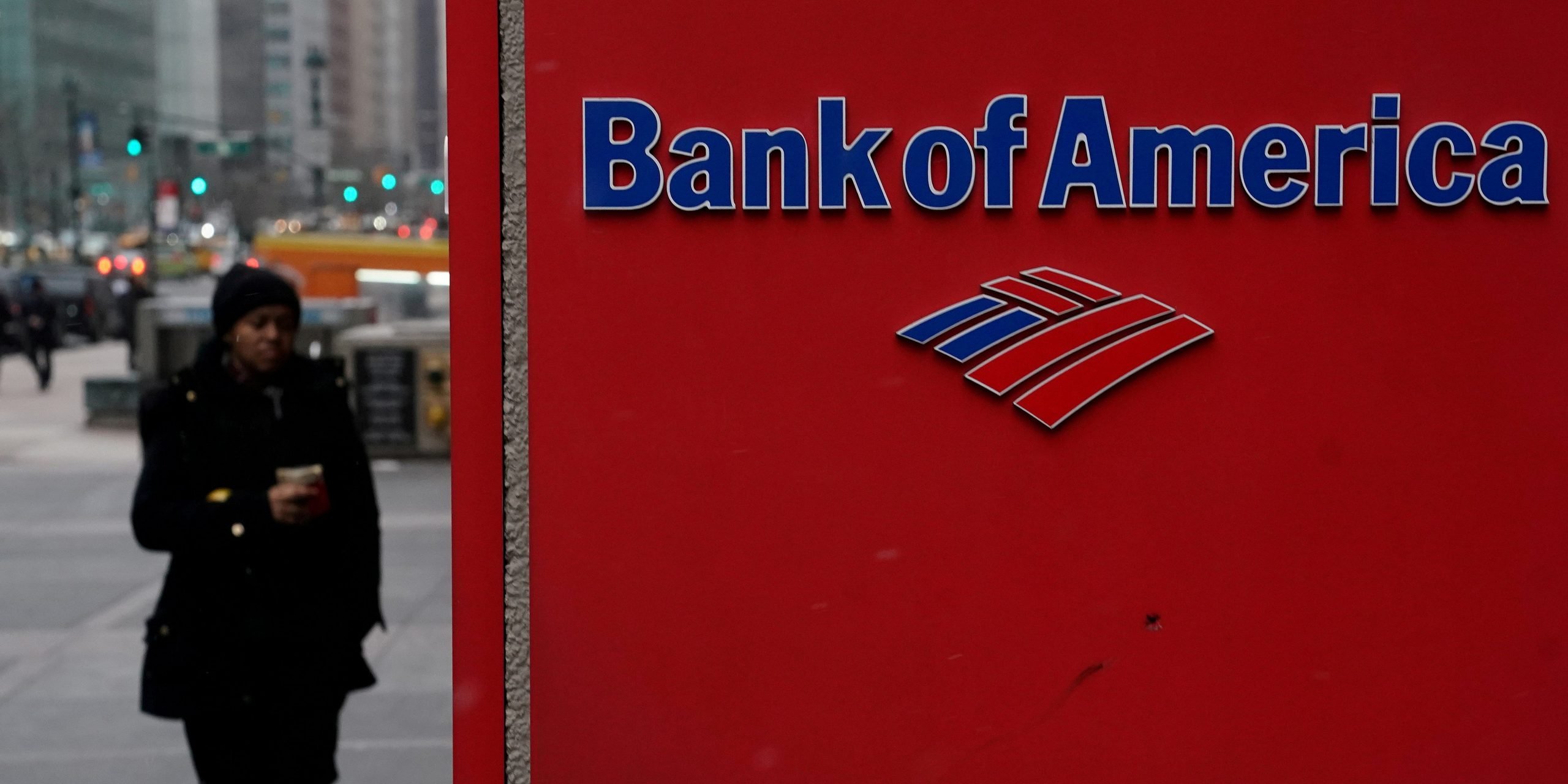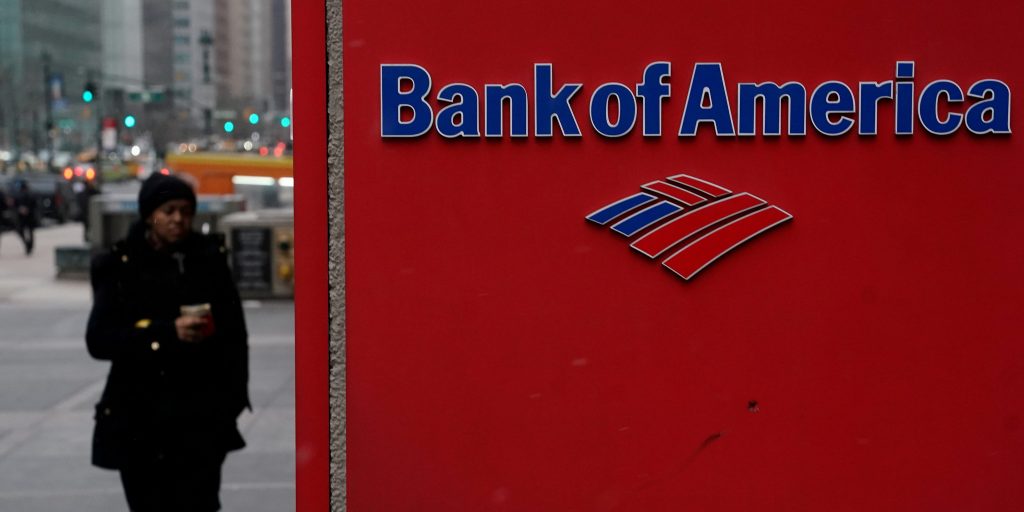
Carlo Allegri/Reuters
- Bank of America has approved access to bitcoin futures to some clients, CoinDesk reported Friday.
- The bank gave the green light due to the large amount of margin required to trade the futures, the report said.
- Bitcoin is trading at less than half its all time high of near $65,000 achieved earlier this year.
- See more stories on Insider's business page.
Bank of America is allowing some of its clients to trade bitcoin futures, according to a CoinDesk report, a move that highlights the growing push by institutions into the cryptocurrency market.
The second-largest bank by assets in the US has been conservative in dealing with cryptos but it has approved giving some clients access to the market due to the large amount of margin required to trade the futures, CoinDesk reported Friday, citing an unnamed source. Another source told the site some of BofA's clients are setting up to trade bitcoin futures and that one or two may have already started trading.
To address institutional interest in digital currencies, Bank of America recently launched a cryptocurrency research team, according to a memo obtained by Insider.
"Cryptocurrencies and digital assets constitute one of the fastest growing emerging technology ecosystems," said Candace Browning, head of global research, in a July 8 memo addressed to Merrill Lynch Wealth Management employees and partners.
Goldman Sachs has expanded its presence in the bitcoin market by offering non-deliverable forwards, a derivative tied to bitcoin's price that pays out in cash, Bloomberg reported in May.
The news of BofA's bitcoin move comes as the market value of the global cryptocurrencies has dropped to $1.3 trillion from a high of more than $2.4 trillion in May, led largely by a selloff in bitcoin. Bitcoin traded below $32,000 on Friday and was headed toward its worst weekly performance in more than a month.
The crypto market has been struggling in part on the back of regulatory headwinds from China and the US. This week, Federal Reserve Chairman Jerome Powell said the US won't need stablecoins and cryptocurrencies if the central bank were to issue its own digital currency.

